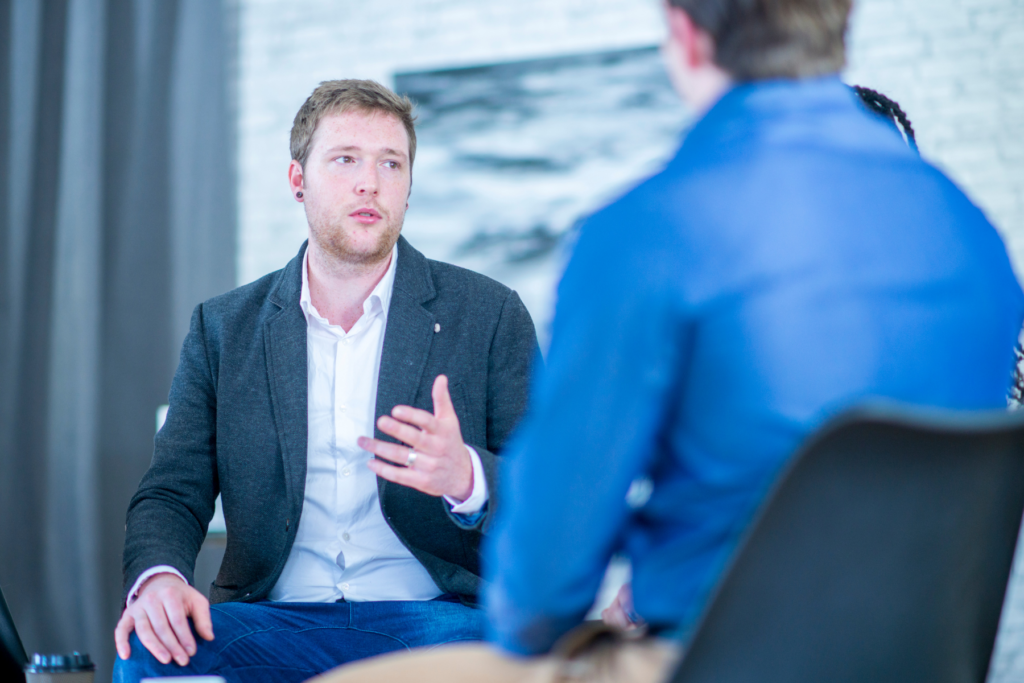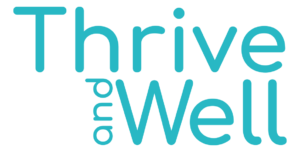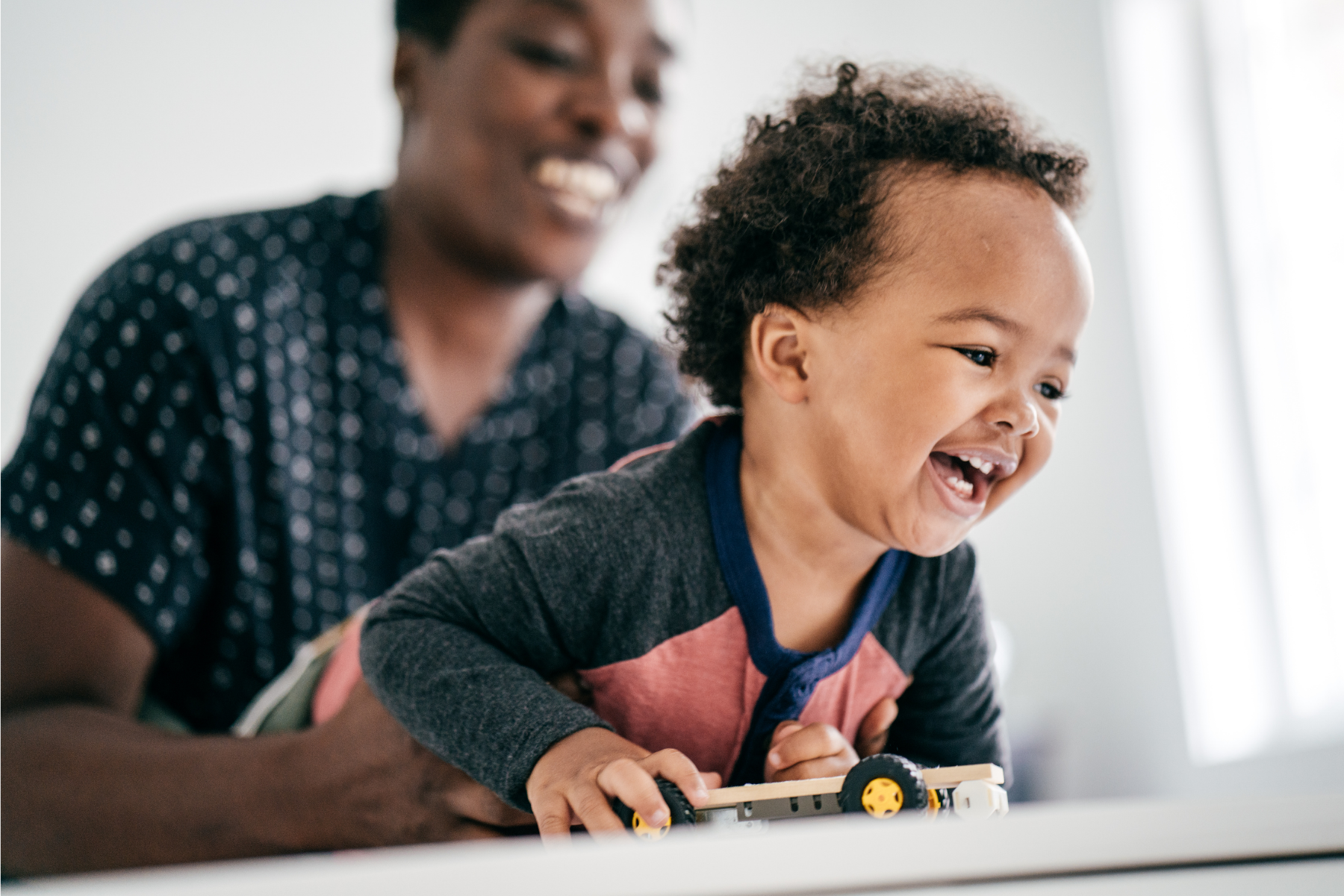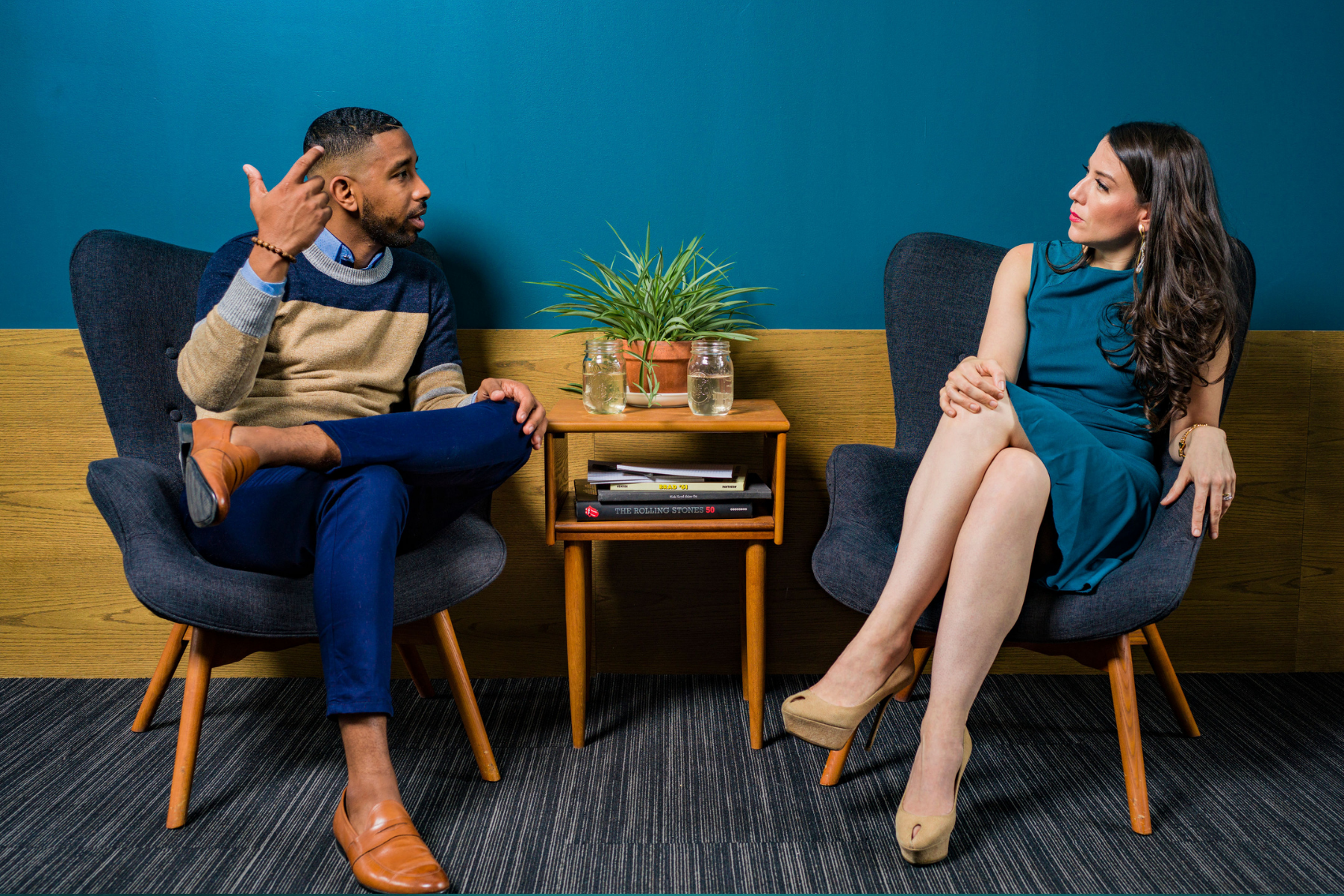With a little guidance, most of us can have a supportive conversation about how someone else is feeling and what might help.
Supportive conversations:
In my experience of training Mental Health First Aiders, the biggest barriers to supportive conversations are:
Increasing your knowledge and experience
Mental Health First Aid training isn’t about being a therapist and it doesn’t make you a mental health or wellbeing expert.
Training helps to increase your knowledge and confidence to have conversations that matter with the people you care about.
The Mental Health First Aider role mainly involves:
You’re not expected to be a therapist
We leave the complex matters to the experts.
Also, just knowing that you are not responsible for fixing the situation can make a conversation seem a lot less daunting.
If you have any questions about Mental Health First Aid, feel free to get in touch.
If you’d like to train with me:





